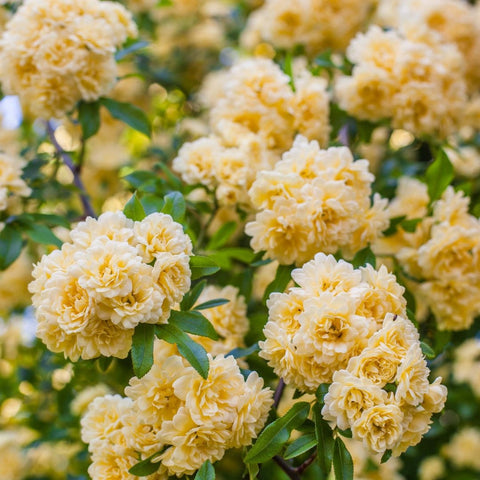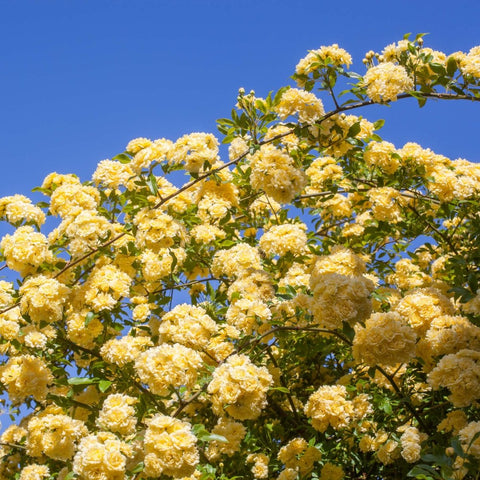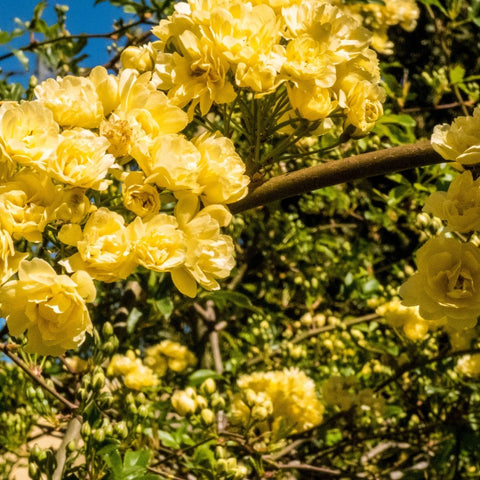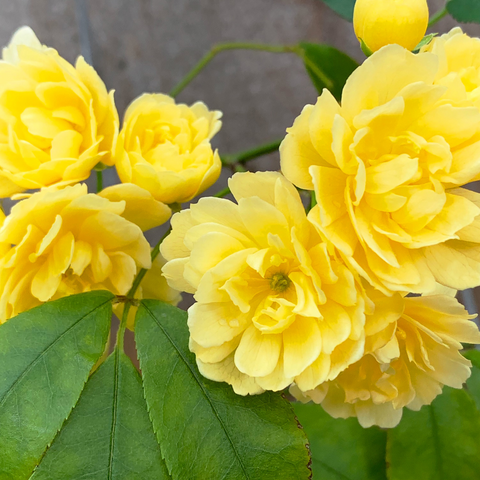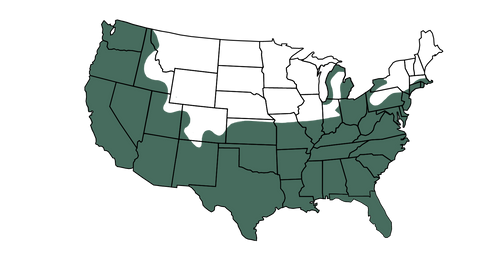PLANT DESCRIPTION & MATURE SIZE
GROWTH RATE & MATURE SIZE:
WATERING & SUNLIGHT
PLANT CARE & PLANTING INSTRUCTIONS
PLANTING INSTRUCTIONS:
USDA GROW ZONE:
Zones 6-11
Frequently Asked Questions
More Details
We process and ship your order as quickly as possible, typically within 1-3 business days. You will receive a shipping confirmation with tracking information once your item(s) ship.
We have perfected packaging and shipping plants & trees! That is why we DO NOT use any third-party fulfillment like most other online retailers. Your trees go straight from our farm to your door, safely packaged by our team of seasoned professionals. Our process ensures your plants leave our facility and arrive to your door in the best condition possible!
In cases of extreme cold or hot weather, we may temporarily delay shipping to ensure the well-being of your plants. Our primary focus is on delivering healthy and thriving plants to you. Rest assured, we'll make every effort to notify you of any delays promptly.
Please allow additional ship times during inclement weather and sale periods. We do not process or ship orders on the weekend or U.S. Holidays. Simply Trees is not responsible for delays due to carriers, local disruptions, or weather.
Learn more about our Shipping Policy
At Simply Trees, we're committed to your satisfaction. If your plants arrive considerably damaged or sustained damage beyond the point of recovery, please contact us within five days at sales@simplytrees.com with clear photos of the entire plant in question for assistance. Our 30-day guarantee covers issues after planting, subject to our terms and conditions. We can't cover plants in the wrong climate or with inadequate care, but we're here to help in other situations. For a detailed understanding of our 30-day guarantee and how we ensure a fair process, click here to learn more.
WHAT'S INSIDE?
Your order from Simply Trees is more than just a box of plants—it’s a carefully curated experience. Here’s what’s inside:
- We hand-select our plants for premium-quality from top growers nationwide
- Each plant is then cleaned, prepped, and pruned to remove any blemishes and encourage new growth
- Expertly treated and inspected for preventative measure
- The pot is wrapped in a durable plastic bag and secured with a zip tie; house plants get extra protection with a recyclable nursery bag
- Your plant is strapped into our durable double-pane boxes, secured in place with a heavy-duty zip tie to ensure safe transit
- A thank you card with a QR code leads to our guide on welcoming your new plants home
We take pride in making sure every detail is just right, so you can enjoy your new greenery from the moment it arrives.
Sustainable shipping, quality care
We've perfected the art of packaging and shipping plants and trees! Unlike most online retailers, we handle everything in-house—no third-party fulfillment. Our experienced team carefully packages your plants to ensure they arrive from our farm to your door in perfect condition.
